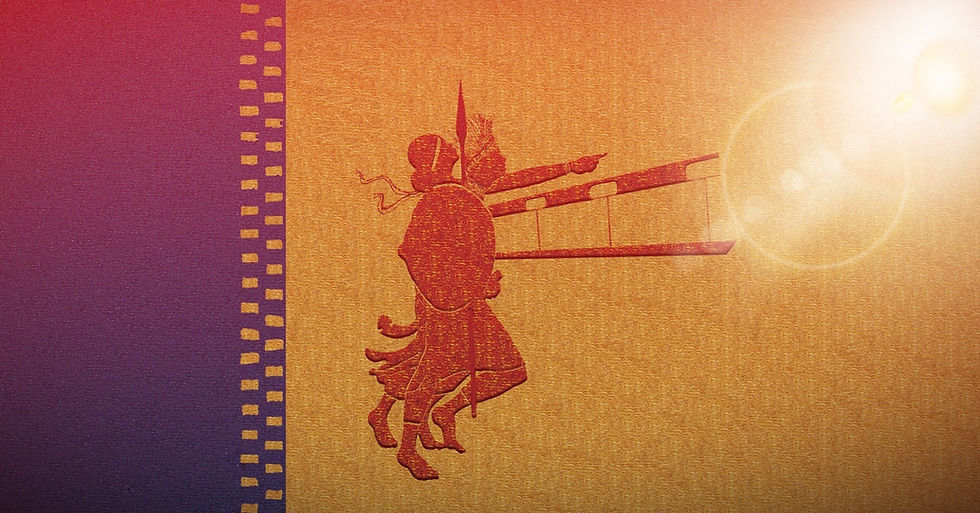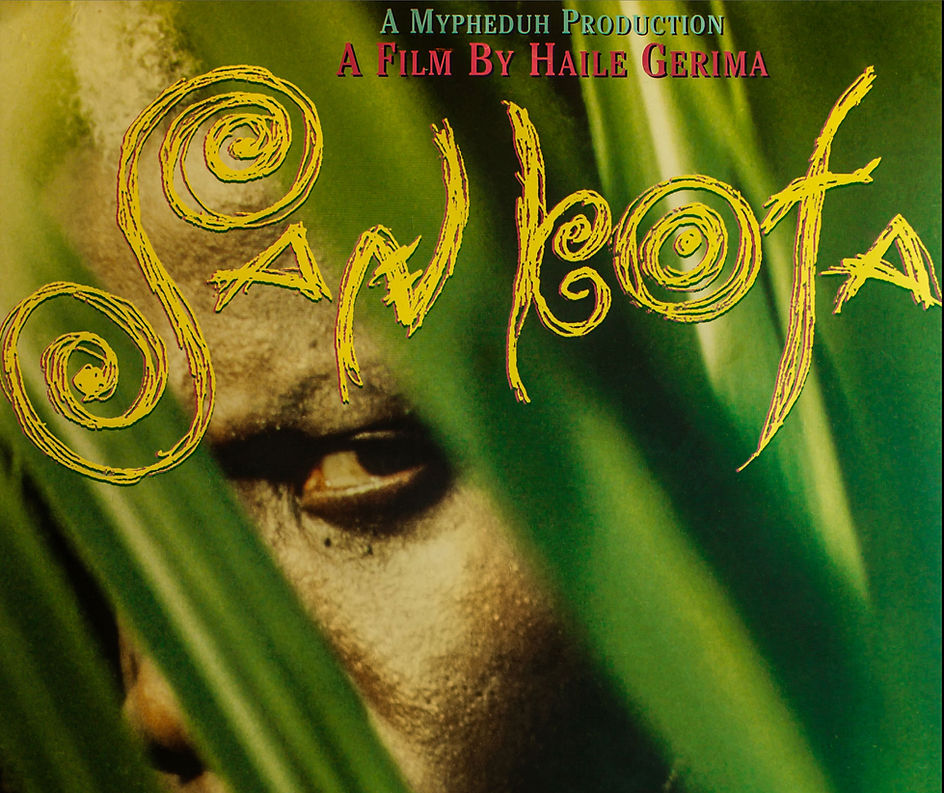
40+ Years of
MYPHEDUH FILMS
Independent Black Filmmaking
Mypheduh Films was established in 1982 by Shirikiana, Haile, and sister Selome Gerima, in the basement of their home in Washington, DC, with the aim of having control over the distribution of their films.The Gerima couple have been producing films since the early 70’s when Haile Gerima completed BUSH MAMA and HARVEST 3000 YEARS as a graduate student at UCLA. These films, along with others by the Gerimas, are now available for streaming for the first time, marking a significant milestone in the history of the company.
Watch Now

SAVE WITH A PASS

Best Value
Mypheduh Pass
30
Stream the entire film collection by the Gerimas on Sankofa TV
Valid for one week
NOW STREAMING
For private screening only. For institutional and public screenings contact us here.

Sankofa the movie
Now Streaming on Netflix
MISSED A LIVE EVENT?
Catch the replay at Sankofa TV
























